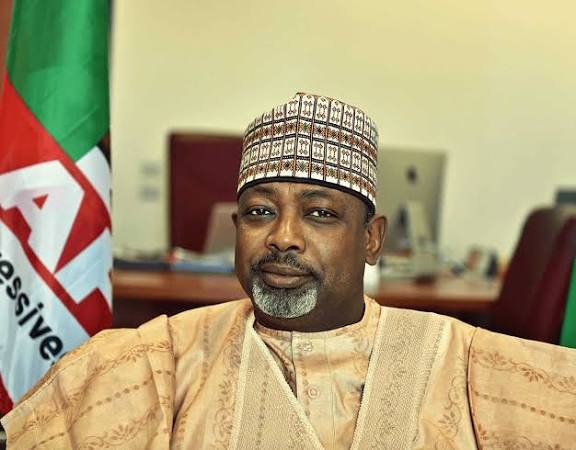Copyright pointblanknews

By Daniel Adaji The Federal Government says the $500 million loan facility secured from the World Bank will accelerate agricultural development, strengthen rural economies, and create jobs across Nigeria. The facility aligns with President Bola Tinubu’s Renewed Hope Agenda on food security and economic diversification, according to the Ministry of Agriculture and Food Security. In 2024, Nigeria secured a $500 million loan from the World Bank to boost livestock production, commercialisation, and resilience under the Livestock Productivity and Resilience Support Project (L-PRES). The initiative spans 2022 to 2028 and seeks to improve animal health systems, market access, and the livelihoods of pastoral communities. The loan, approved in 2021, is supported by an additional $46 million counterpart funding over six years to enhance food security efforts nationwide. Head of Information at the ministry, Ezeaja Ikemefuna, disclosed the details in a statement on Tuesday. He said the Minister of Agriculture and Food Security, Senator Abubakar Kyari, shared updates during a meeting with a World Bank delegation led by Hardwick Ichale, Head of Agriculture Value Chains for Growth (AGROW Project), in Abuja. Kyari explained that the investment will drive large-scale transformations in Nigeria’s agriculture ecosystem. He said the World Bank’s $14 billion six-year Agri-Connect initiative would address “long-standing gaps in smallholder farming by improving connectivity across the entire agricultural value chain.” According to the minister, the programme aims to boost linkages between farmers, processors, markets, and financial systems. This includes expanding agro-processing capacity and enhancing the livelihoods of rural communities. He further disclosed that the initiative will support farmer aggregation, market linkages, and integration of micro, small, and medium-scale enterprises (MSMEs) into strategic agricultural value chains. Kyari underscored the need for transparent governance and strong participation from stakeholders. He emphasised “organised farmer participation, transparency, and effective oversight to guarantee accountability and maximise impact.” The minister reaffirmed that the intervention aligns with national priorities on food security, rural industrialisation, and the creation of jobs for young people and women. He added that Agri-Connect would complement existing programmes, including the Special Agro-Industrial Processing Zones (SAPZs), aimed at catalysing rural agro-industrial development. In his remarks, World Bank representative Hardwick Ichale said the AGROW Project would help unlock Nigeria’s agribusiness potential and widen economic participation. He said it will bring “job creation for youths and women, inclusivity and enhance productivity among others.” Ichale noted that the initiative will target key value chains such as rice, maize, soybean, and cassava. “The key purpose is to enable farmers to see farming as a business,” he stated.



